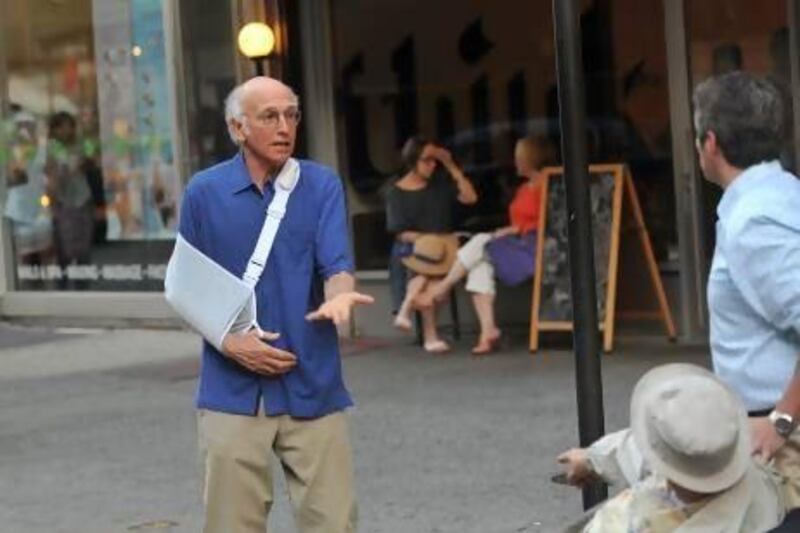Online culture was Made in California. And it shows. The relentless optimism, foundational belief in openness and shared access to knowledge, and the feeling – which persists after all these years – that the internet should be made from the bottom up and not the top down: all of that has its roots in the 1960s West-Coast counter culture that so influenced the early digital pioneers.
Today, it’s impossible to watch a TED (Technology, Entertainment, Design) talk – and there’s no better barometer of online culture than the TED talk – without hearing the phrase “I’m an optimist”.
The leaders of the digital age want you to believe that, thanks to technology, life is improving for all of us. And, in lots of ways, they’re right. But what if you can’t share their enthusiasm? At least, not all the time, anyway?
You’re not alone. There’s growing evidence that many of us could do with a break. This month saw the launch of a new social network called Hell is Other People. While Facebook’s stated mission is “to make the world more open and connected” – a classic piece of Californian utopianism – the Hell is Other People app promises to make your world closed and isolated. Billed as “an experiment in antisocial media”, Hell is Other People asks users to log in using their Foursquare account. The app will then display a map showing the last 20 check-ins by their Foursquare friends, enabling the user to avoid bumping into them.
The app is for all those who hate what the Seinfeld creator Larry David famously calls the “stop and chat” – that awkward moment when you bump into a half-friend and feel obliged to stop and chat for 10 minutes about nothing in particular.
Let’s face it, in this age of ubiquitous social media, isn’t the idea of a solitary communion with our cup of coffee pretty appealing? Who hasn’t felt somewhat hemmed in by the fact that all 500 of their Facebook friends know every time they visit Starbucks?
Then came the Kickstopper skit last week from YouTube’s Official Comedy channel. This parody outlined a world in which a site existed to stop inane, useless and generally awful Kickstarter projects.
For the uninitiated – if there are any left – Kickstarter is the world’s largest crowdfunding platform, where creators post details of their project – anything from a smart watch to a new play, and much in-between – and seek to raise money from the crowd.
Coming after some high-profile Kickstarter backlashes – against a movie project launched by the actor and director Zach Braff, for example – does the Kickstopper skit point to a broader and growing disillusionment with the crowdfunding phenomenon, which enables anyone with an idea to fancy himself an entrepreneur? Even the most determined digital utopians have got to wonder sometimes whether the world needs yet another set of smart curtains.
Of course, we shouldn’t go too far down the road of digital disillusionment. The internet has transformed our lives and mostly for the better. But we should also never stop making fun of the more absurd aspects of our digital lives, either. If we do that, we really would be betraying the spirit of openness – and subversion – that informed the early web.
David Mattin is the lead strategist at trendwatching.com
Go to https://www.thenationalnews.com/trends for more trends
Follow us
[ @LifeNationalUAE ]
Follow us on Facebook for discussions, entertainment, reviews, wellness and news.





